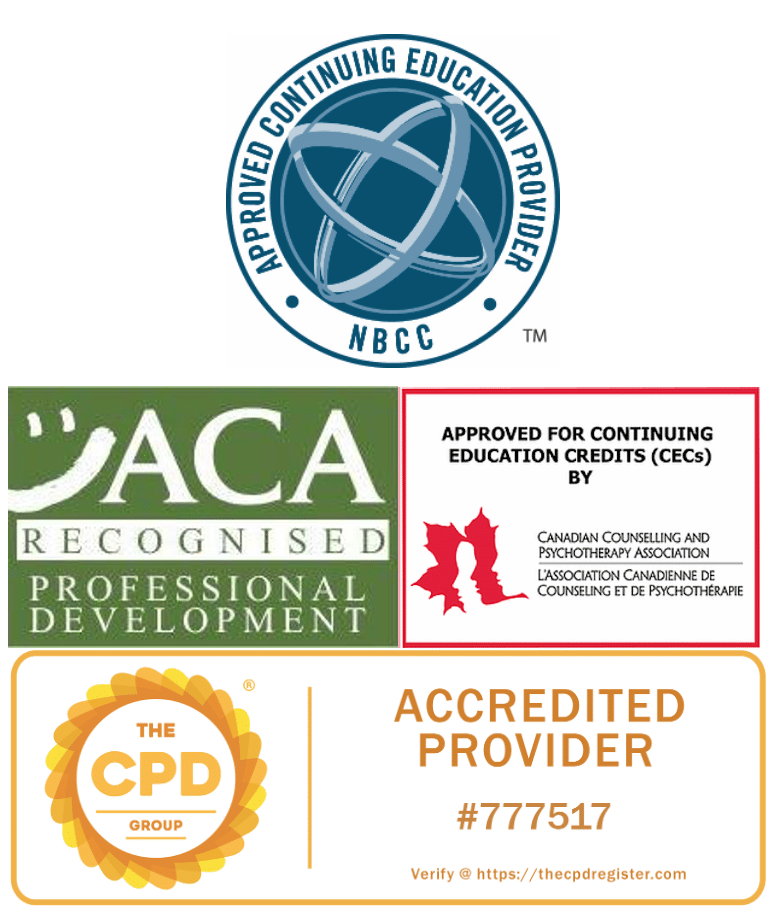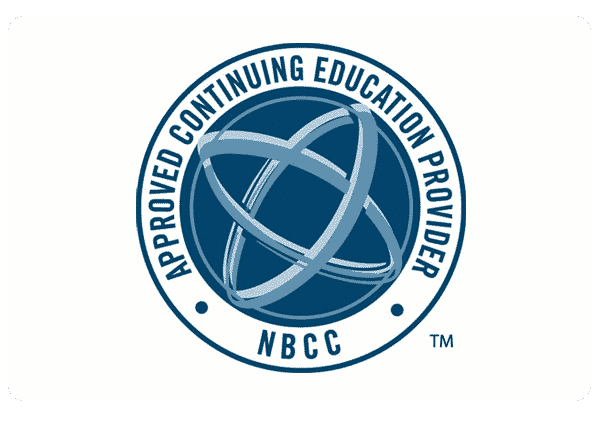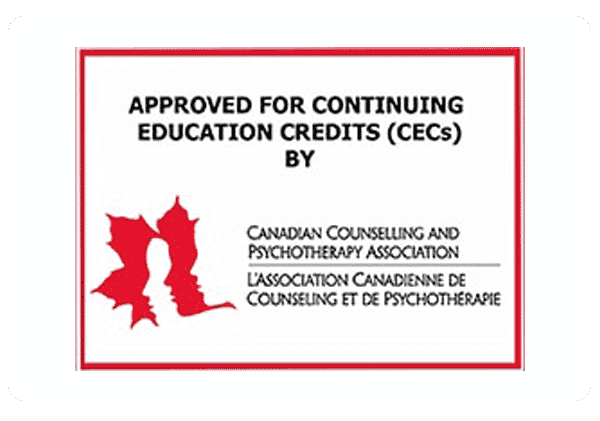Working with Clients with Interpersonal Dependency and Pathological Bonding Patterns – Arun Mansukhani
Interpersonal Dependence (ID) and Pathological Bonding Patterns (PBP) are a major problem from a clinical and social point of view. They cause great suffering in patients and are co-morbid or an underlying feature in many clinical conditions such as mood and anxiety disorders, substance addiction, sexual dependence, etc. Also, ID and PBP are closely related to major social problems such as domestic and gender violence, including suicides and homicides.
Summing up direct cases and those in which ID-PBP are an underlying feature, makes it clear that it is a condition that mental health professionals need to be able to deal with. Despite this, ID-PBP are overlooked and remain unattended in many cases, mainly because of therapists lacking an integrative model to assess and treat ID and PBP.
Based on our 20 years case experience, we intend to provide the participants with a conceptual framework and phased intervention model, based on different theories relevant to understand this condition. (Attachment Theory, Interpersonal Dependency Theories, Dissociative Models, etc.)
Recorded on 16th September 2021
TRAINING information
Interpersonal Dependence (ID) and Pathological Bonding Patterns (PBP) are a major problem from a clinical and social point of view. They cause great suffering in patients and are co-morbid or an underlying feature in many clinical conditions such as mood and anxiety disorders, substance addiction, sexual dependence, etc. Also, ID and PBP are closely related to major social problems such as domestic and gender violence, including suicides and homicides.
Summing up direct cases and those in which ID-PBP are an underlying feature, makes it clear that it is a condition that mental health professionals need to be able to deal with. Despite this, ID-PBP are overlooked and remain unattended in many cases, mainly because of therapists lacking an integrative model to assess and treat ID and PBP.
Based on our 20 years case experience, we intend to provide the participants with a conceptual framework and phased intervention model, based on different theories relevant to understand this condition. (Attachment Theory, Interpersonal Dependency Theories, Dissociative Models, etc.)
Recorded on 16th September 2021
Learning Objectives
- Supply information that helps realize and critically consider the importance of Interpersonal Dependence (ID) and Pathological Bonding Patterns (PBP) in relation to different psychopathological conditions in which they may be co-morbid or underlying features.
- Provide a theoretical framework that allows understanding and assessment of the major ID-PBP types and their sub-types and knowledge of how people with pathological bonding needs tend to interact.
- Endue with a phased model that permits the psychological intervention of these clients, indicating the special precautions to be taken in these complex cases.
About the Speaker
 Arun Mansukhani is a Clinical Psychologist (PsyD) and Sexologist with 25 years of experience as a therapist. He holds master’s degrees in Sexology, in Behavioural-Cognitive Therapies, in Hypnosis and is an EMDR Europe accredited consultant and facilitator. He is also a Level III Sensorimotor therapist. He has been Vice Director at the IASP centre in Malaga (Spain) from 1994 to 2018 and is currently leading a team of psychologists working with trauma and attachment issues at the Centre for Emotional Regulation, at Malaga.
Arun Mansukhani is a Clinical Psychologist (PsyD) and Sexologist with 25 years of experience as a therapist. He holds master’s degrees in Sexology, in Behavioural-Cognitive Therapies, in Hypnosis and is an EMDR Europe accredited consultant and facilitator. He is also a Level III Sensorimotor therapist. He has been Vice Director at the IASP centre in Malaga (Spain) from 1994 to 2018 and is currently leading a team of psychologists working with trauma and attachment issues at the Centre for Emotional Regulation, at Malaga.
He has been a Member of the Presidential Committee of the Illustrious College of Psychologists (COP-AO), Member of the Presidential Committee of the Spanish Federation of Sexologists (FESS), External Consultant for the Government of the City of Madrid on Social Addictions, President of the Assesment Committee of International Adoptions and External Advisor to the ORAS-CONHU (UN-Population Fund) on teen pregnancy. He has participated in many national and international conferences as a speaker and has wide teaching experience in seminars, workshops and master’s degrees.
CPD/CE
CPD & CE credits available: 6
How do I receive these credits?
The participant must pass the multiple-choice test with a minimum score of 80%. There is a maximum of three attempts to achieve this.
The post-test is included in the price of the training.
Does my regulatory body accept the credits?
The CPD & CE credits awarded can be used towards your declaration to any governing regulatory body in your state or country, provided the content is relevant to your discipline.
Our trainings are accredited by:
– The CPD Group, London
– Canadian Counselling and Psychotherapy Association
– Australian Counselling Association








